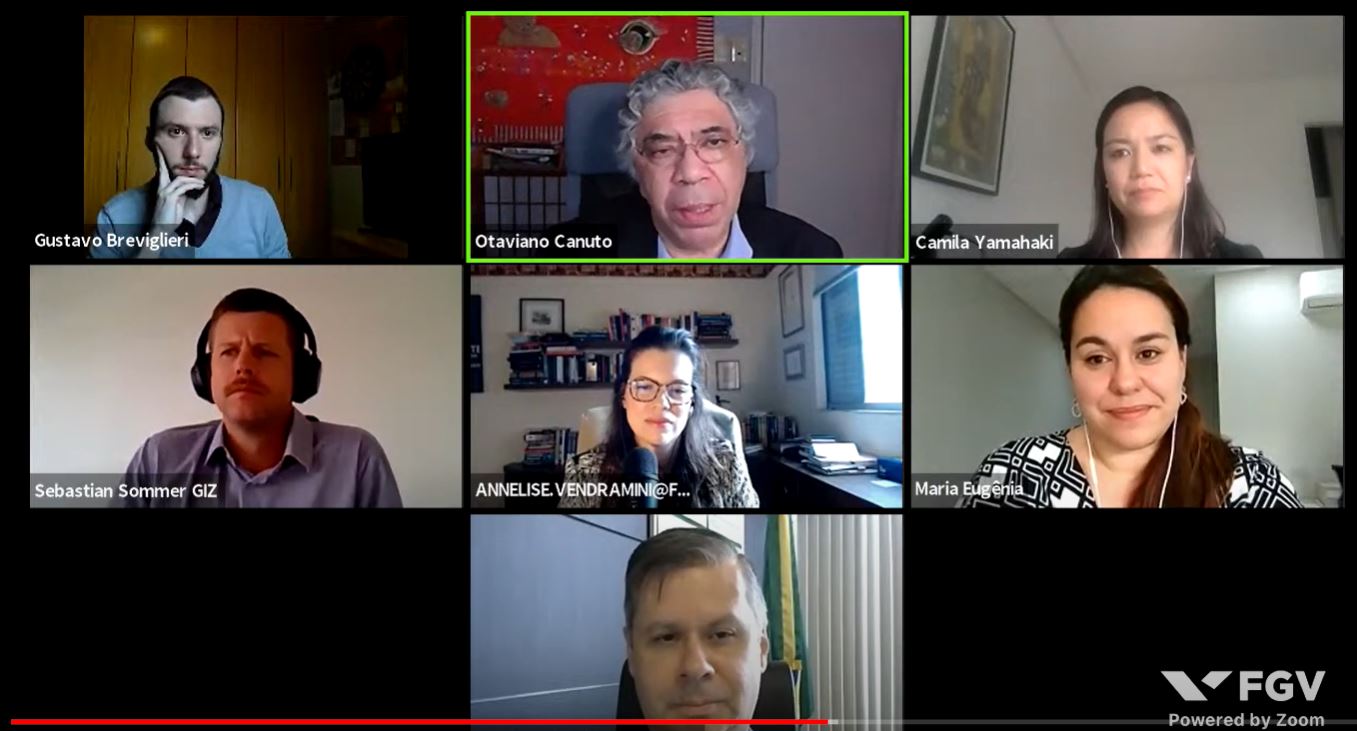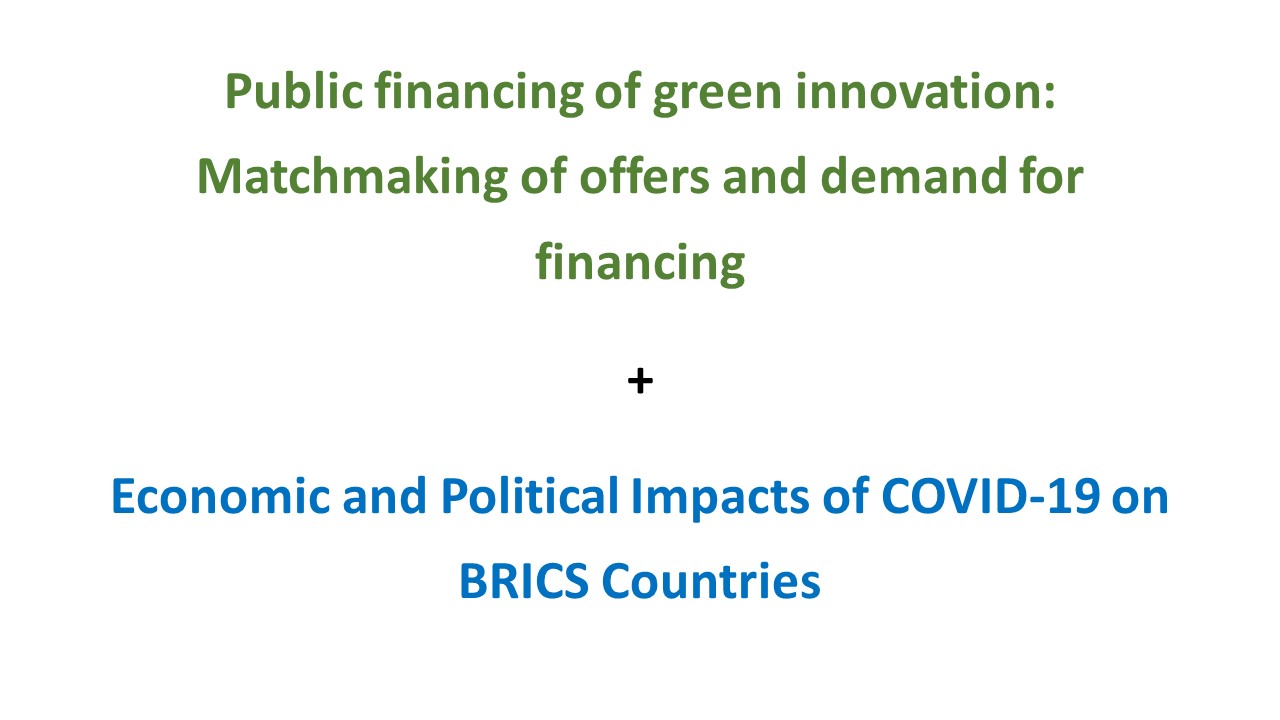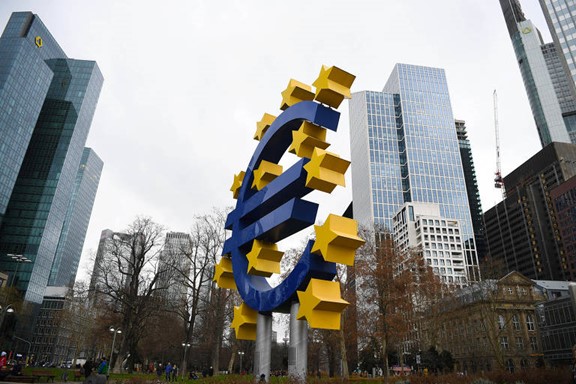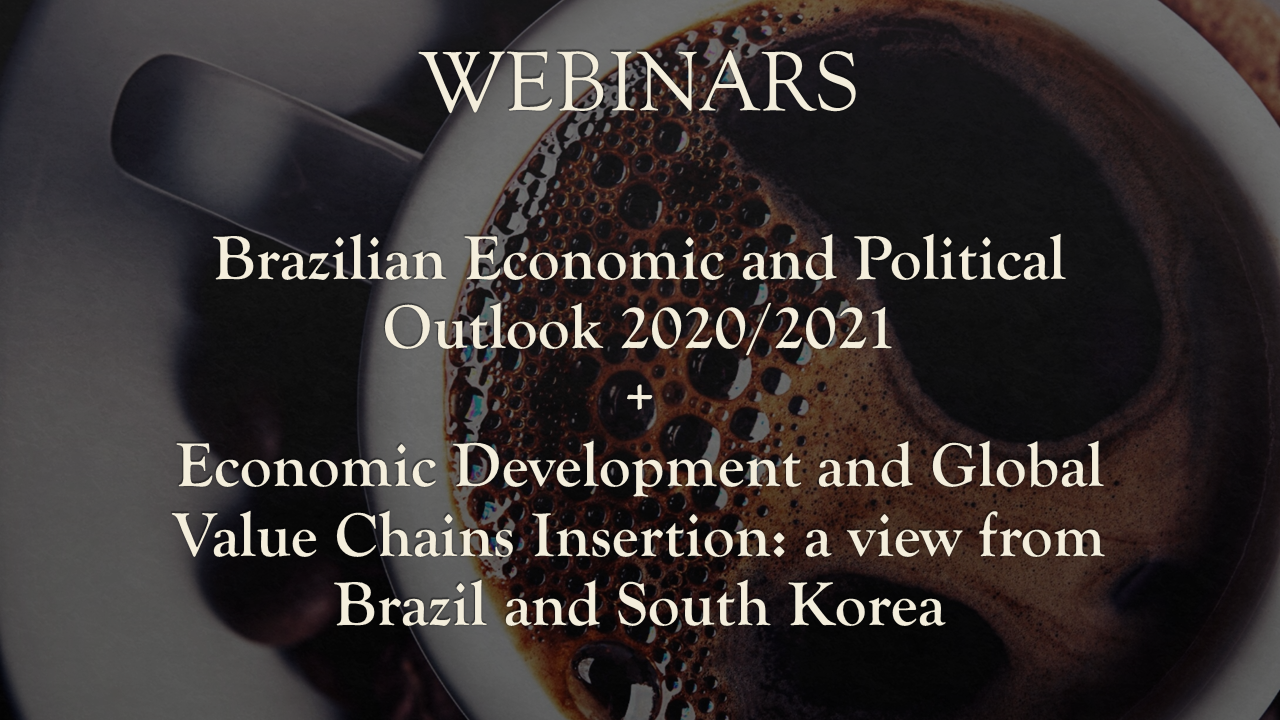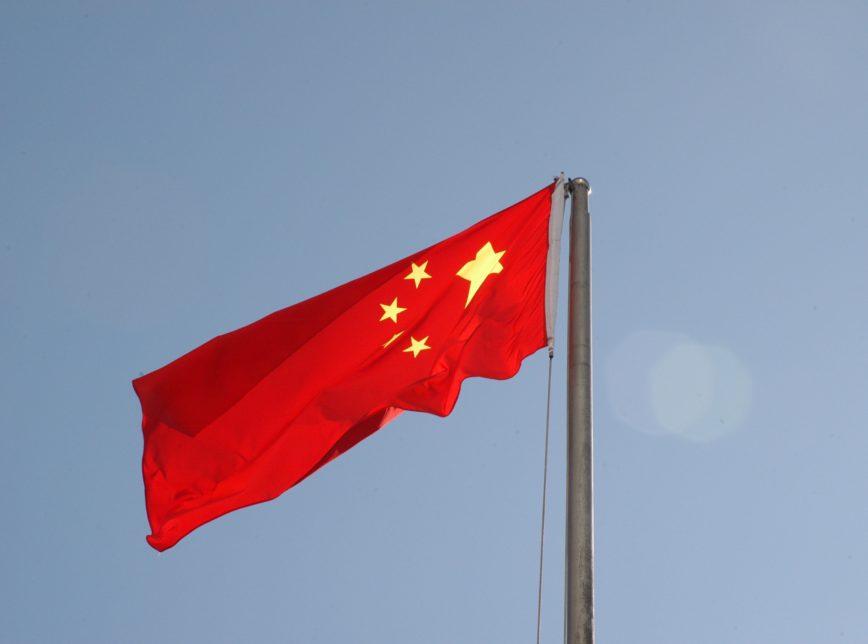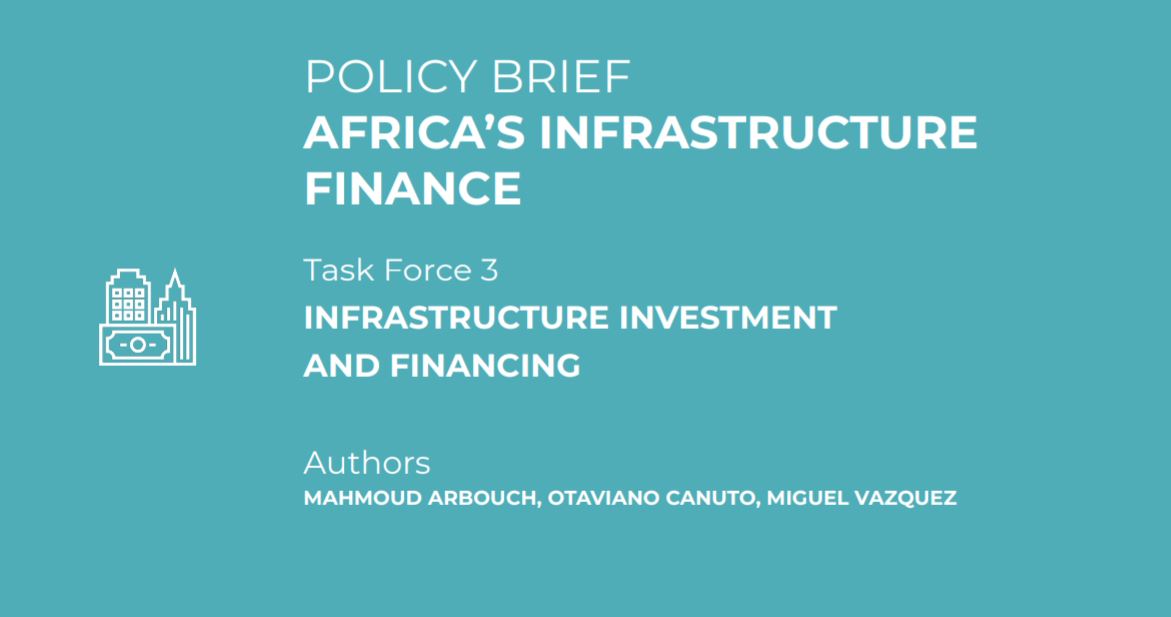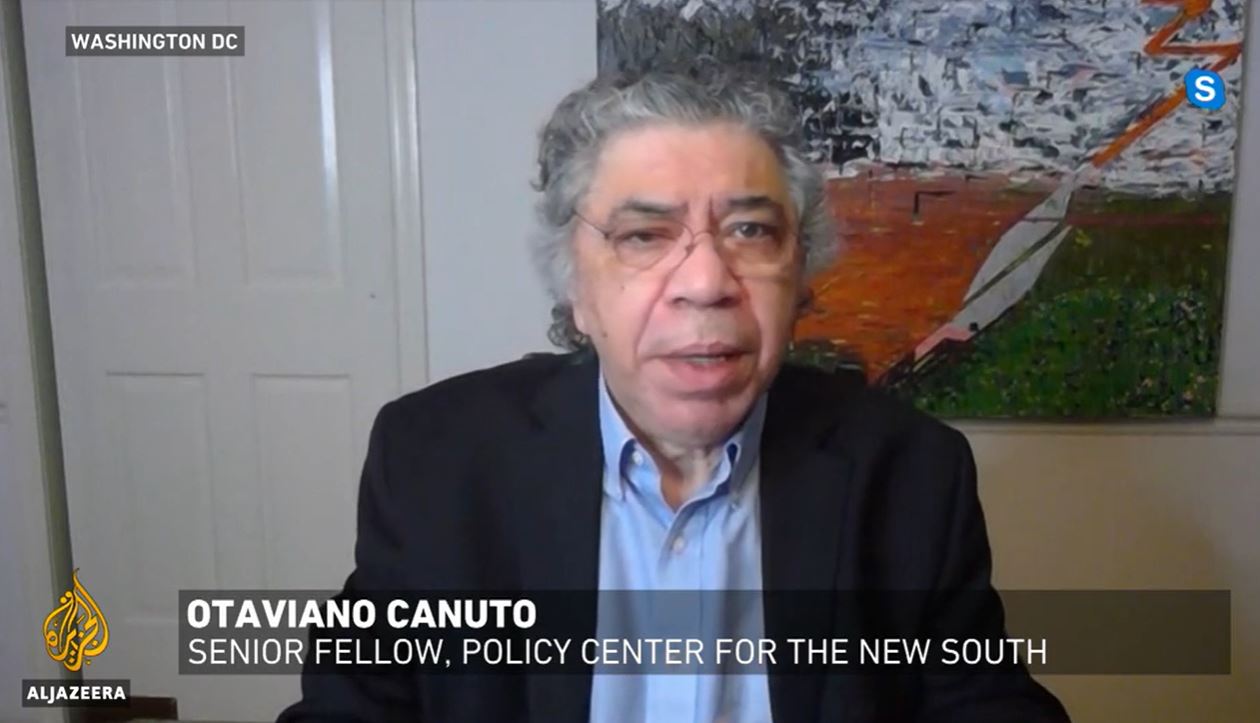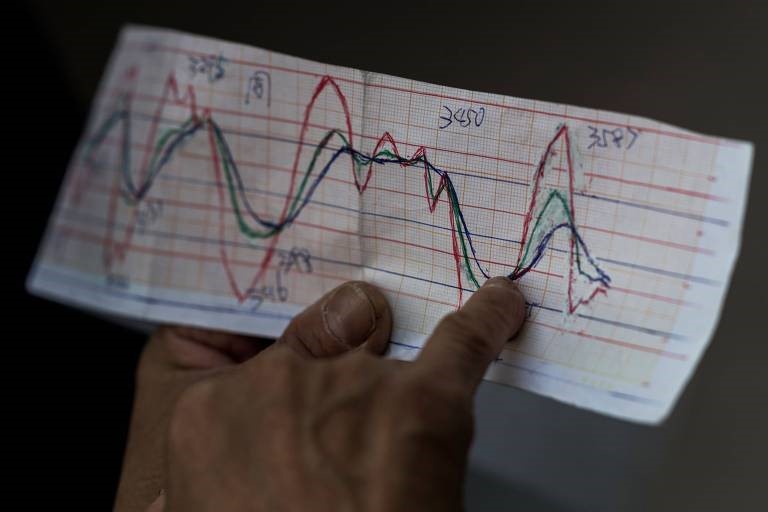Brazilian Economic and Political Outlook:
The discussion about the Economic and Political Outlook 2020/2021, was moderated by John Welch, Executive Director of the Brazilian American Chamber of Commerce in NY, the Dunn Liberty Fellow in Economics at The King’s College, and Member of the Board of the Brazil-Canada Chamber of Commerce, with the participation of Christopher Garman, Managing Director at Eurasia, Andrea Gardella, Senior Economist at Export Development Canada and Otaviano Canuto, Principal, Center for Macroeconomics for Development.
--------------------------
Economic Development and Global Value Chains Insertion: a view from Brazil and South Korea:
Speakers: Otaviano Canuto - Senior Fellow at the Policy Center for the New South;
Joonkoo Lee - Professor, Hanyang University.
Moderator: Leonardo Paz Neves - Intelligence Analyst, International Intelligence Unit, Fundação Getulio Vargas




